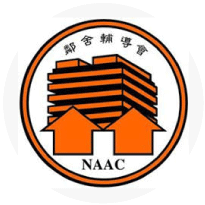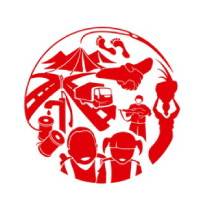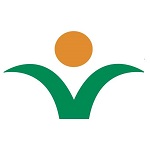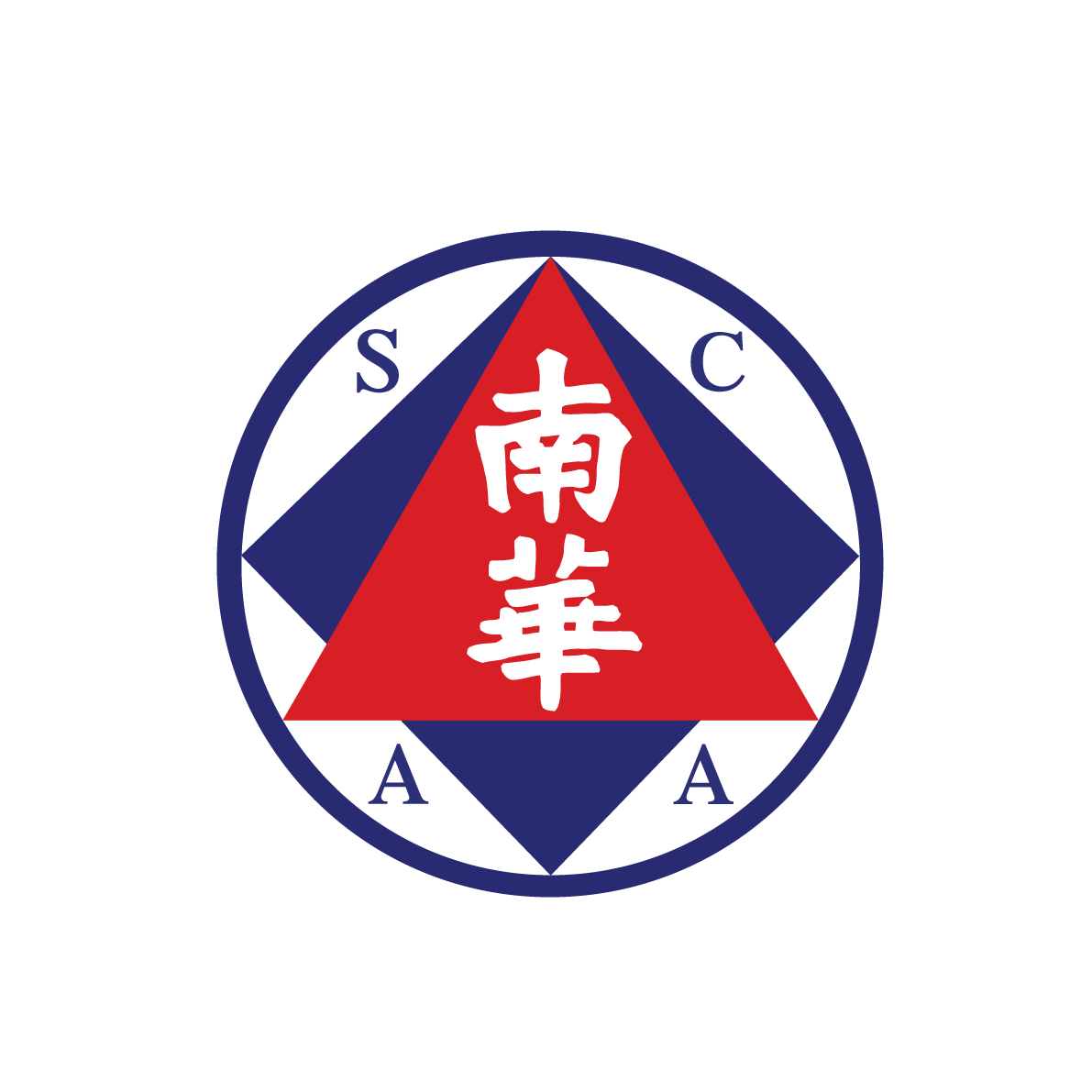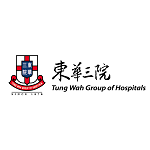A solar business model that helps Sumba Island villagers afford electricity
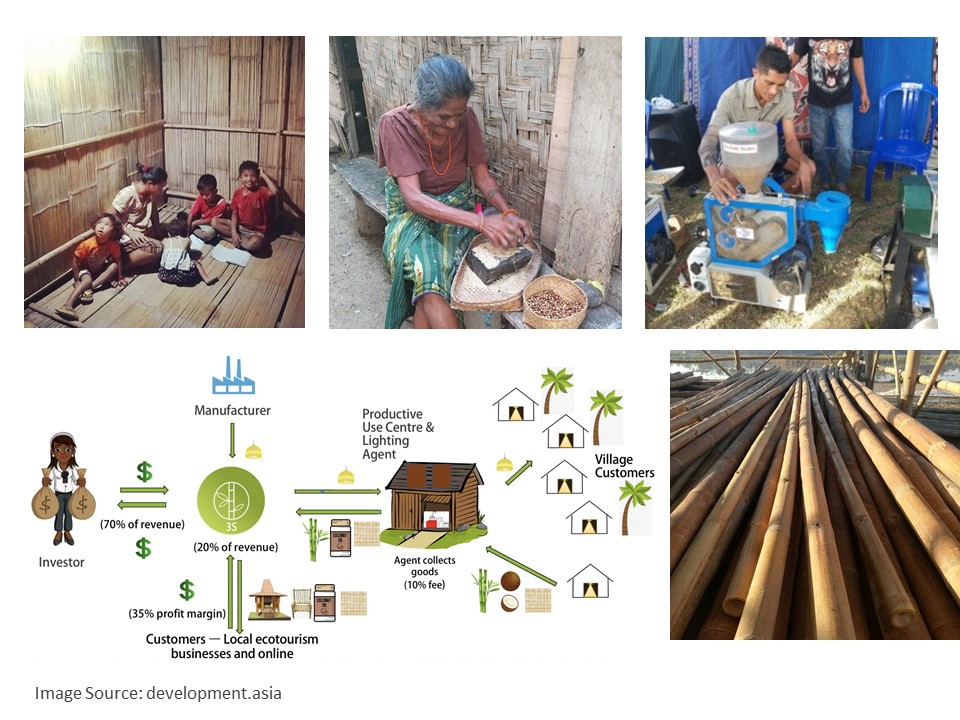
Writer: Nicole Chow
Living in a hustle and bustle city like Hong Kong, can you imagine living without electricity? There are 60,000 poorest households living on the remote Sumba Island in Indonesia without access to electricity. They depend on highly polluted kerosene and firewood for lighting and cooking.
Sumba Sustainable Solutions(3S), a for-profit business that envisions rural villages with access to energy and appliances, founded in 2019, has been trying to supply affordable solar energy to the villages at a low rate. However, not everyone in the village can afford to pay in cash since they are not able to get cash during the wet season when the village is cut off from road access to markets. Thus, 3S launched the non-cash payment system in order to help local fishermen and farmers who are struggling to pay their electricity bills.
"We enable rural families to purchase micro solar home systems (starting with three lights, phone charger, battery, and solar panel) on a 3-year contract with monthly payment at $3.50. Purchase and payments are made through a local agent, which collects a fee equivalent to 10% of the sale", said Sarah Hobgen, the founder of the 3S in an interview. The key to 3S’s business model is that they provide energy and improve the villagers’ ability to pay for the same intervention. Villagers can use their handicrafts or agricultural products such as handbags, bamboos and coconut oil to pay for their solar home systems. For example, bamboo is commonly used by villagers to pay for their solar home systems as it grows abundantly on the island. 3S has taken advantage of this natural resource and started a business that uses bamboo for the construction of furniture and cottages for the sustainable tourism market. At the same time, 3S would help villagers sell these products online as well. This business is growing rapidly and making a profit.
One of the beneficiaries, Rambu Ina, said when she saw that she could pay for electricity with her own knitting, she made enough products to pay for the five-month pre-lighting expenses. She wants her village in Mehang Mata to get a coconut grater so that she can produce more coconut oil efficiently and make more profit. Sarah also proudly said that since villagers can afford paying electricity bills now, they can continue to make woven bags or fabrics and process agricultural products, while children can study even after sunset around 6 pm.
This system not only improves productivity and income, but also reduces time poverty, especially for women, who used to spend most of their time on inefficient home-production in exchange for low remuneration. Nowadays, they only need to spend the same amount of time to produce efficiently and get better paid. In the past 3 years, 3S founded out what is good for the business to enable them to expand their impact. They will keep helping people in Sumba to find fulfilling employment that also benefits the environment.
Source:
https://www.pv-magazine.com/magazine-archive/filling-the-energy-technology-poverty-gap/
https://development.asia/explainer/how-pay-you-go-solar-project-reaches-poorest-households
Image Source:
https://development.asia/explainer/how-pay-you-go-solar-project-reaches-poorest-households

.png)
